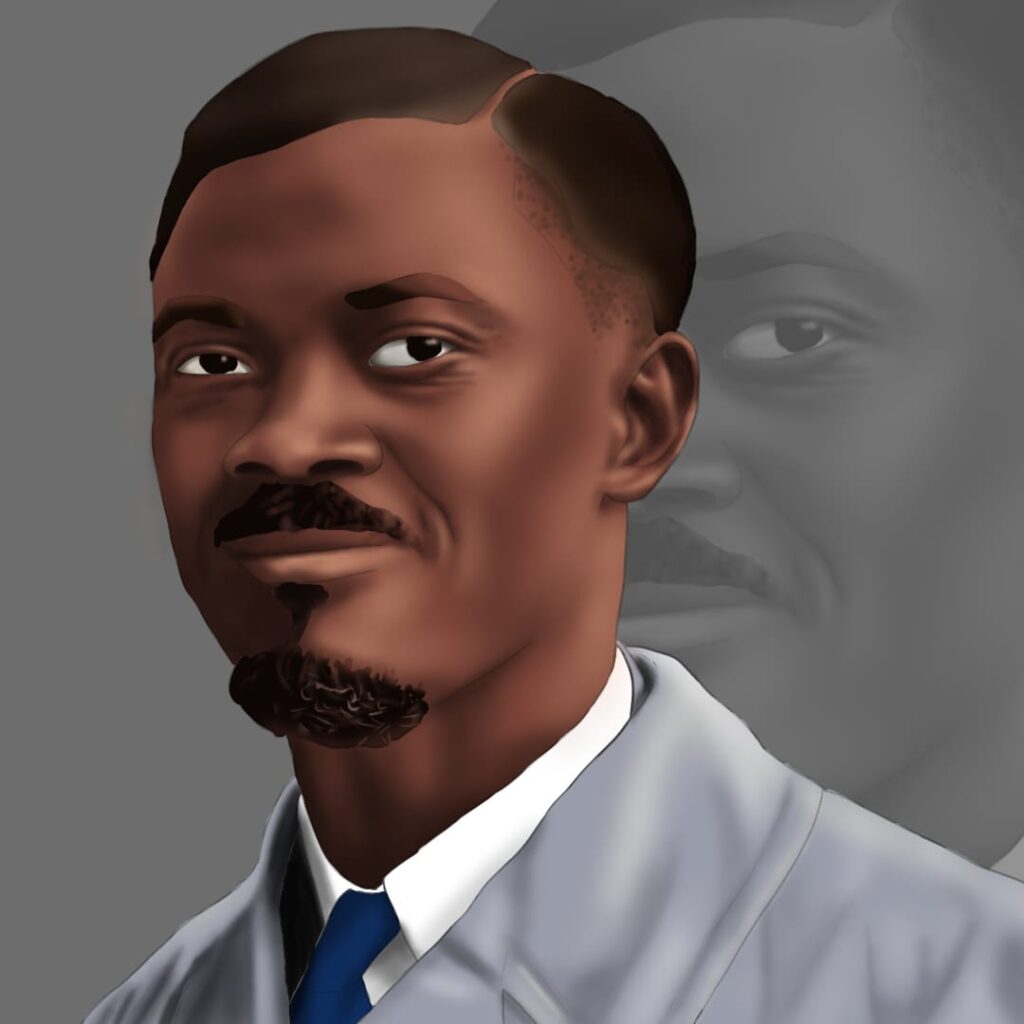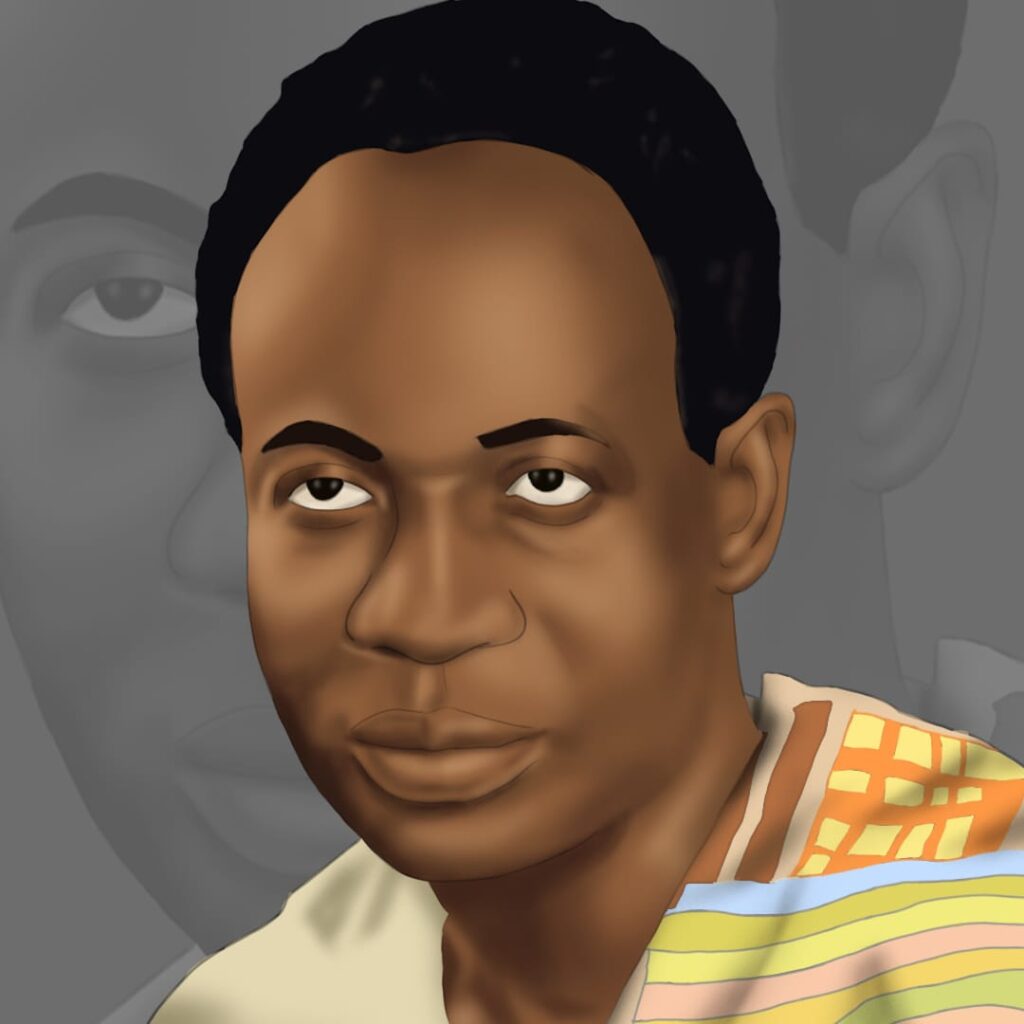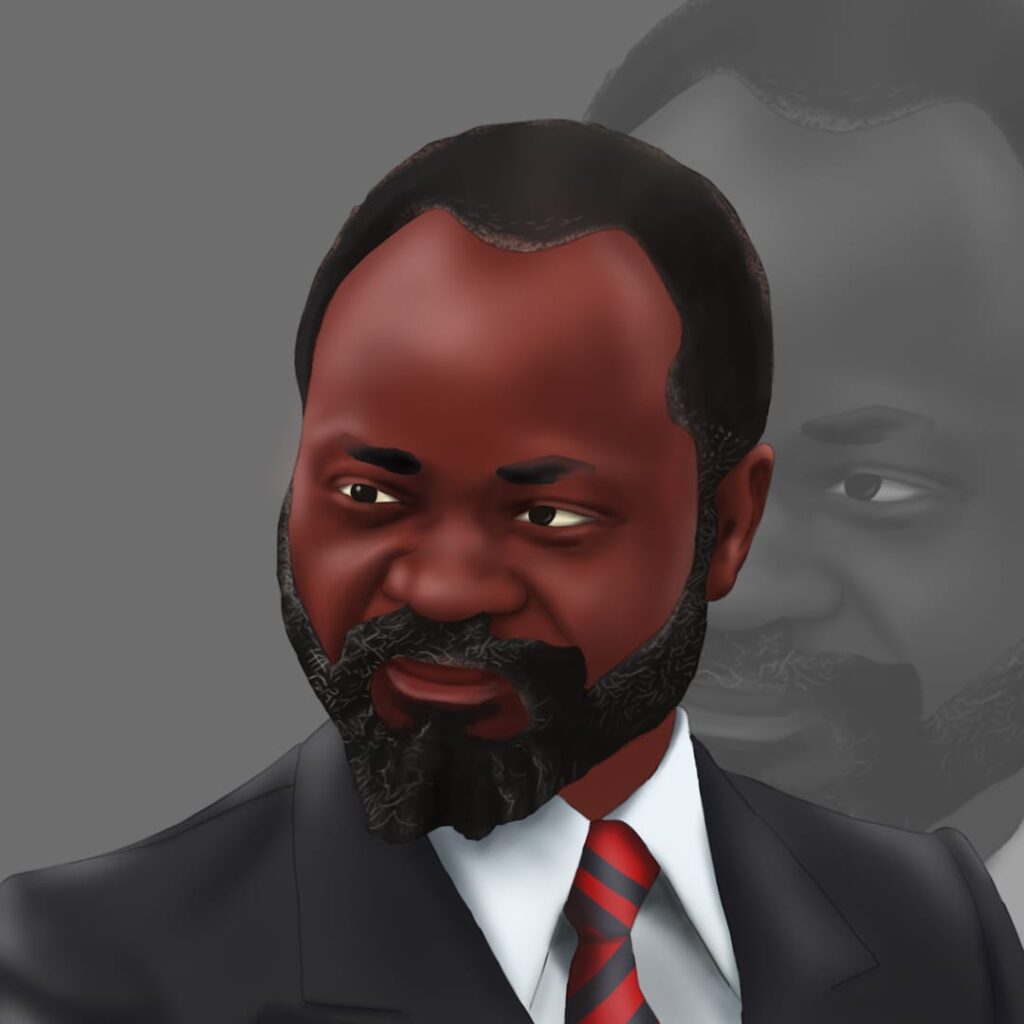For most African countries, the road to independence was not without the sacrifices of some prominent individuals like Kwame Nkrumah, Steve Biko, Samora Michael, Thomas Sankara, and Patrice Lumumba. Despite facing numerous challenges and obstacles, these heroes contributed to their respective countries by leading movements for independence and advocating for the empowerment of marginalized communities.
Let’s now explore various ways knowledge of African heroes can benefit African children living in Africa and the diaspora.
Historical Legacy
Africa’s rich and complex history is worthy of study. Hence, teaching children about inspirational figures from pre-colonial and colonial Africa helps us to connect with our ancestral past. It also increases our understanding of the contributions of our forebears to civilization and independence.

An example is Patrice Lumumba, the Congolese independence leader, who symbolized courage and resilience in the face of imperialism. Learning about his advocacy for national sovereignty and economic emancipation provides the African child with a deeper appreciation of his cultural heritage and historical legacy. Children take pride in the achievements of their fellow Africans and feel inspired by their determination and success. This shared pride in our cultural heritage strengthens our sense of unity and solidarity, as we recognize the shared legacy of greatness that unites us.
Unity
Teaching African children about the struggles and triumphs of our ancestors highlights the common challenges and aspirations that bind us together as a community. This promotes social cohesion as we develop a sense of shared purpose and solidarity in working towards a better future for ourselves and our communities.

Learning about Kwame Nkrumah, the first President of Ghana who exemplified pan-africanism as he advocated for African unity, encourages African children to collaborate and cooperate, especially as we engage in activities and projects related to our cultural heritage. This collaborative spirit strengthens bonds of friendship and solidarity, fostering a sense of unity among African children as we come together to celebrate and preserve our cultural heritage.
Pride
Teaching African children about our cultural heritage and inspirational figures helps us develop a deeper connection to our roots. For example; Thomas Sankara, the former President of Burkina Faso, embodied integrity and grassroots activism. He implemented progressive policies to uplift the marginalized and empower the masses. Learning about figures like him can help African children develop a sense of belonging and pride in their cultural identity.
This connection can boost our confidence, as well as strengthen our sense of self-worth and resilience in the face of discrimination or negative stereotypes. By understanding the struggles and triumphs of our ancestors, African children can develop a sense of pride in our determination to overcome adversity. This can also inspire us to be agents of positive change in our communities and society at large. By instilling a sense of pride in our heritage, African children can develop a positive self-image and a strong sense of cultural identity that will serve us well throughout our lives.
It highlights the diverse talents and accomplishments of Africans in Art and Innovations
The African culture is renowned for its vibrant art, music, and literature. Teaching African children about inspirational figures in these fields, such as Chinua Achebe and Ama Ata Aidoo exposes us to the richness and creativity of African artistic expression. It also helps us understand how art can be a powerful tool for cultural preservation and self-expression. By learning about traditional art, music, dance, and storytelling, African children can express their cultural heritage in creative ways and share it with others.
Africa has been the birthplace of numerous innovations and achievements that have had a profound impact on the world. Teaching children about an inspirational figure like Steve Biko, the South African anti-apartheid activist who emphasized the importance of black consciousness and self-respect, allows Africans to appreciate the continent’s contributions to human progress and innovation, and to challenge oppression and reclaim our dignity.
By learning about inspirational figures from diverse backgrounds and fields, African children can draw inspiration from our cultural heritage to navigate the challenges of the present and shape a brighter future for ourselves and our communities.
It Is Essential For Empowerment and Cognitive Development
The lives of inspirational figures often involve encountering challenges and obstacles. As children learn about how these figures overcame adversity through creativity, resilience, and problem-solving, they develop these skills themselves. They learn to approach challenges with innovative thinking and adaptability, which are essential for cognitive development and lifelong learning.

For instance; Samora Machel who was the revolutionary leader of Mozambique inspired generations of Africans to strive for a better future, by fighting tirelessly for social justice and economic development. Learning about individuals who have overcome challenges, broken barriers, and achieved greatness despite adversity can inspire children to take pride in their heritage and aspire to greatness themselves.
Their legacies must continue to inspire generations of Africans to strive for a more just, equitable, and prosperous future for our countries and the continent as a whole.
The legacies of Kwame Nkrumah, Steve Biko, Samora Michael, Thomas Sankara, and Patrice Lumumba serve as enduring reminders of the transformative potential of individuals who dare to dream of a better world and work tirelessly to make that dream a reality, hence the need to learn about them.
